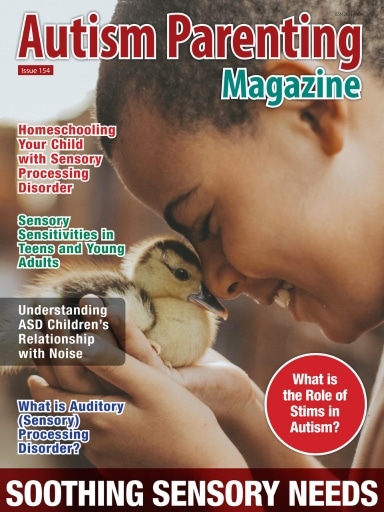Understanding Autism: Insights, Challenges, and Community Support

Introduction
Autism, or Autism Spectrum Disorder (ASD), has garnered increasing attention in recent years, becoming a vital topic for families, educators, and mental health professionals. As April approaches, it is essential to recognize World Autism Awareness Day, which aims to promote awareness and understanding of autism across communities. With estimates from the Centers for Disease Control and Prevention indicating that 1 in 44 children are diagnosed with autism, addressing the needs and challenges associated with this condition has never been more important.
Understanding Autism
Autism is a complex neurodevelopmental disorder characterized by challenges in social communication, repetitive behaviors, and restricted interests. Individuals with autism may experience varying levels of severity, which can affect their ability to function in everyday life. According to the National Autistic Society, the spectrum varies greatly, with some individuals leading independent lives while others require extensive support.
Current Events in Autism Awareness
Recent events have underscored the importance of boosting awareness and support for those with autism. On March 28, 2023, Canadian Prime Minister Justin Trudeau announced significant funding aimed at enhancing services for families affected by autism. This initiative seeks to establish more community-based resources, including therapy, educational support, and job training programs. By allocating $118 million over the next five years, the government aims to provide crucial services and promote inclusivity.
Community Support Initiatives
Furthermore, various non-profit organizations, such as Autism Canada and the Autism Society of Ontario, are actively working to support individuals and families. They offer resources, conduct research, and host events that bring together people with autism and their families for social opportunities. During April, many organizations will light up buildings in blue to signify a collective commitment to autism awareness and acceptance.
Conclusion
As awareness around autism continues to grow, so does the need for understanding and support from society. For families navigating the challenges of autism, comprehensive resources and community engagement are crucial to enhancing the quality of life for their loved ones. Understanding autism is not just a personal responsibility but a communal goal that fosters acceptance and support among all Canadians. As we move forward, education and advocacy will play critical roles in improving outcomes for those on the spectrum. Together, we can create a more inclusive world that appreciates diverse abilities and promotes ongoing dialogue around autism.





